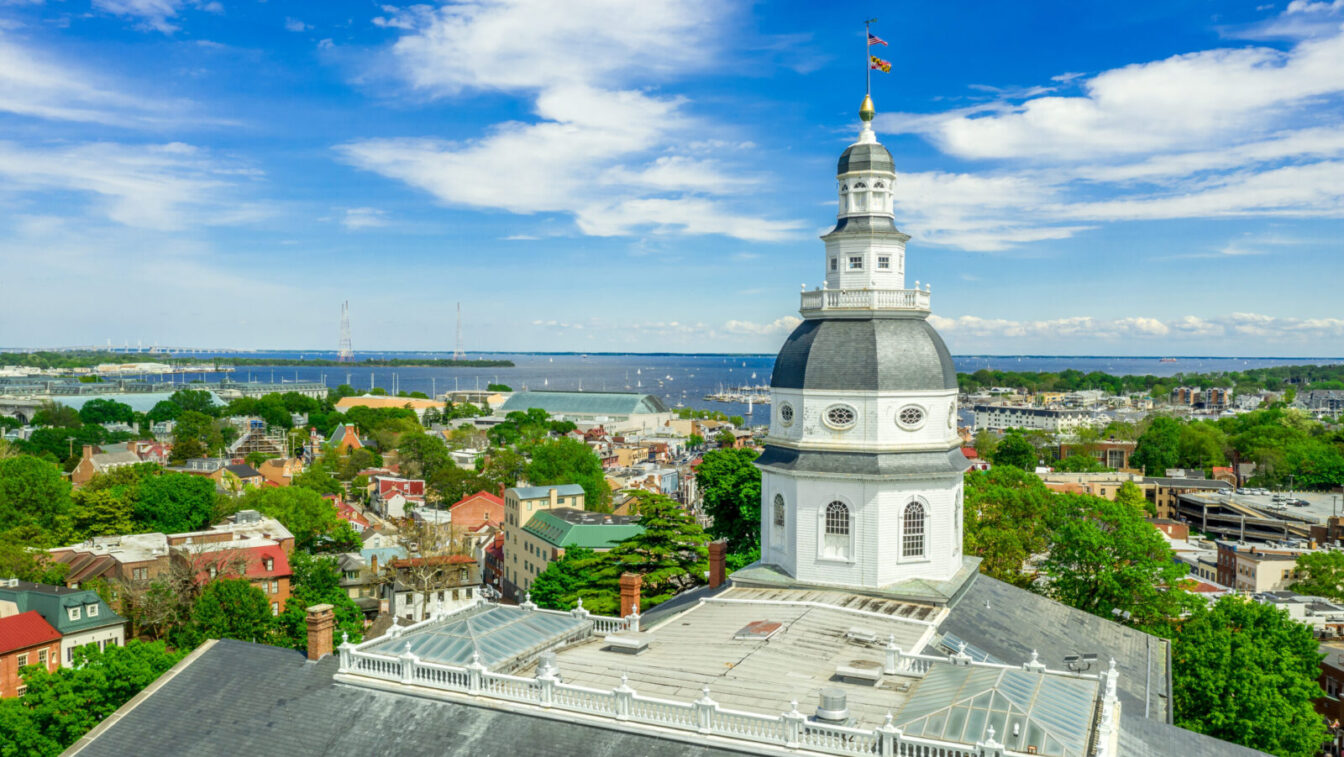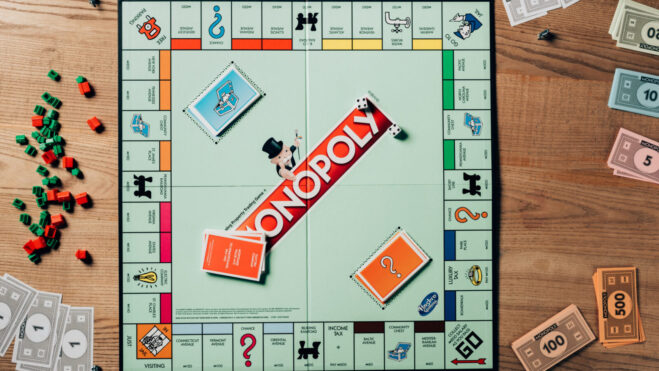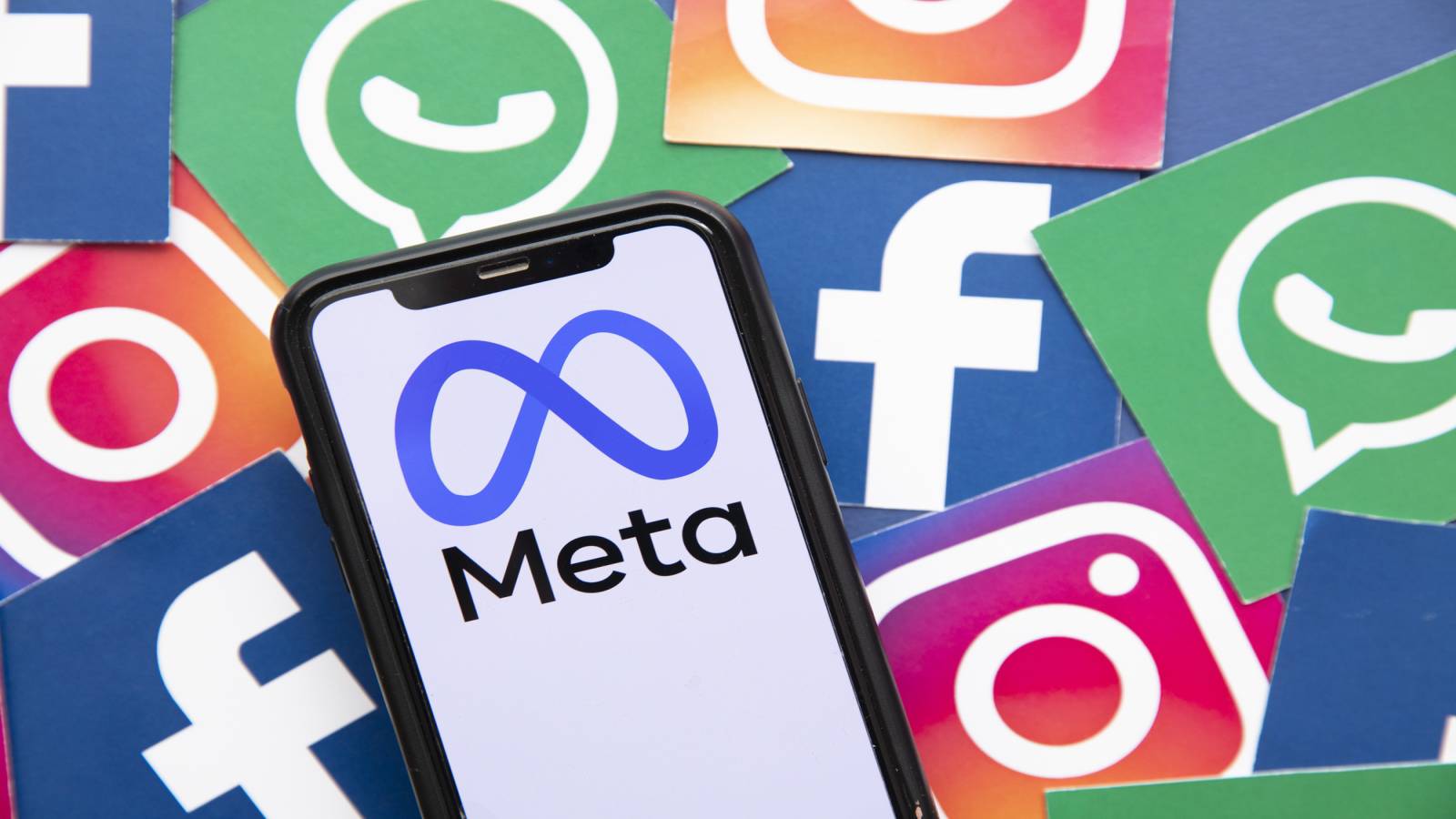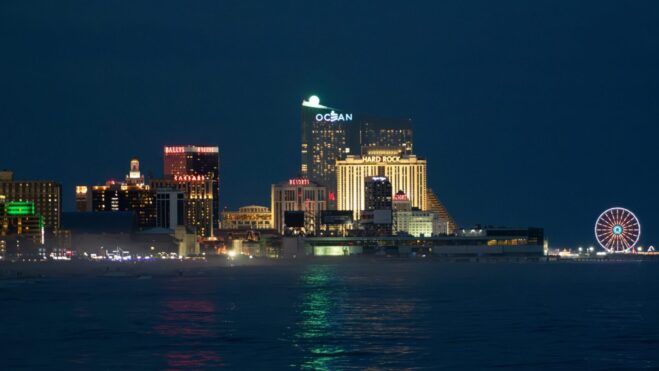After Pennsylvania Tells Sweeps Casinos To Cease And Desist, SPGA Claims ‘Regulatory Overreach’
One of the biggest legal gaming states is piling on with effort to push out social/sweeps operators
1 min
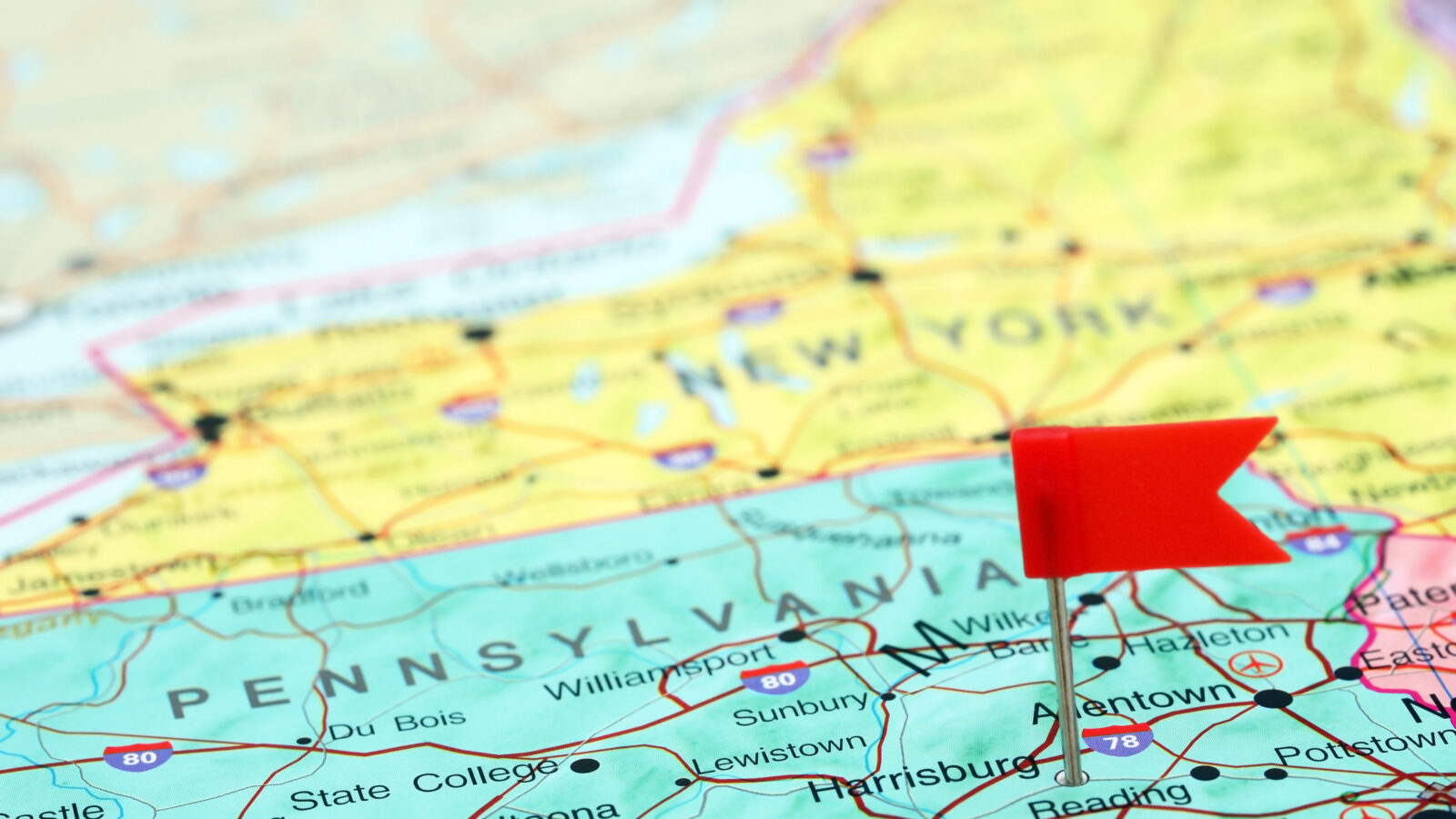
During a Gaming Oversight Committee hearing this week, the Pennsylvania Gaming Control Board announced it had sent cease-and-desist letters to 18 sweepstakes-model casino operators available to consumers in the Keystone State.
Pennsylvania is one of seven states with legal, regulated online casino play, and social casinos with sweepstakes-prizing models can be seen as competitors to those regulated operators. That said, numerous states without regulated iCasino have also sent cease-and-desist letters to sweeps sites, and legislators in several states — with and without legal online casino gaming — have introduced bills to ban the sweepstakes operators.
The Social and Promotional Games Association (SPGA), which includes among its membership several sweepstakes casino operators, issues a statement in response to most actions taken by states against sweeps. Pennsylvania was no exception.
“What games are Pennsylvania regulators going to ban next — Candy Crush? Solitaire?” an SPGA spokesperson said in the release, posted Thursday morning. “Thousands of games in the App Store mix play and prizes. It’s regulatory overreach to start picking and choosing which ones they simply don’t like.”
They said, they said
At the committee hearing, PGCB Chief Counsel Steve Cook made clear the board’s position on operators offering a form of gambling purportedly governed by sweepstakes law:
“Sweepstakes casinos, despite their misleading presentation,” Cook said, “is, in our assessment, illegal online gambling.”
Importantly, the PGCB is not currently empowered to take legal action against the sites. The most it can do is issue the 18 cease-and-desist letters.
In its response, the SPGA highlighted wins of sorts for sweepstakes operators in Maryland, Arkansas, and Mississippi, where bills to ban sweeps ran out of steam in recent days.
“Three state legislatures have recently rejected similar proposals,” the SPGA wrote in its release, “reinforcing what Pennsylvania’s approach may overlook: When properly structured, promotional sweepstakes are legal, safe, and widely enjoyed by American adults.”
The press release proceeded to insist of social/sweeps, “These games are not gambling and do not compete with it.”
As it has in many of its responses to other legislation or cease-and-desist letters, the SPGA noted in response to Pennsylvania that the sweepstakes-prizing model is also applied in circumstances having no connection to gambling, and suggested that a shutdown of sweepstakes casinos would open the door to a shutdown of all other activities with sweepstakes-style prizing.
“Sweepstakes have long served as a legitimate promotional tool,” the SPGA wrote in its release, “used across industries from retail to hospitality. Challenging their legality now raises broader questions about the future of consumer promotions.”
Cook indicated at the hearing that the PGCB may try to amend language in the state’s Gaming Act, which would, in turn, give the PCGB greater authority to limit gaming on unlicensed sites.


